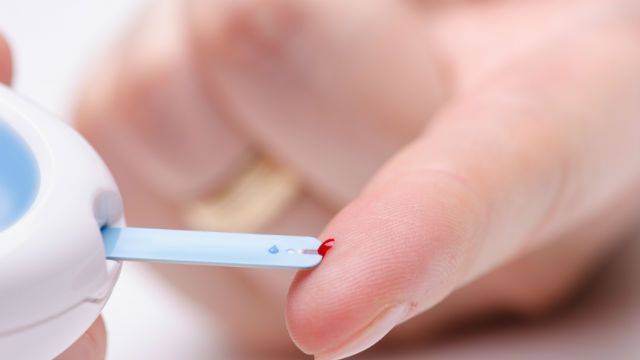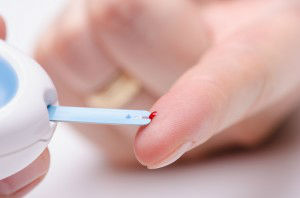
Recently, the Centers For Disease Control and Prevention (CDC) issued a sobering report. The National Diabetes Statistics Report for 2014 laid out the facts in front of the entire nation about diabetes.
Cases of the disease are at a staggering 29 million – that’s up 3 million since 2010. Since 2012, 1.7 million adults over the age of 20 were newly diagnosed, while 208,000 additional individuals under the age of 20 received the diagnosis, as well.
If the rate at which diabetes is escalating isn’t enough, the CDC noted that an additional 86 million individuals are coping with pre-diabetes, and that one half of all people over the age of 65 fall into this category.
Pre-diabetes means that blood sugar is abnormally high, yet has not reached the standards at which full-fledged diabetes can be diagnosed. Without lifestyle changes, 15 to 30 percent of all pre-diabetics will be diagnosed with the now most-common form of the disease, type II diabetes.
According to the CDC, one out of every four individuals has diabetes and doesn’t know it. These individuals are unknowingly increasing their risk for blindness, kidney failure, heart disease and stroke every day that they are not receiving treatment. Additionally, this illness is costing the country money.
In 2012, diabetes and diabetes-related complications accounted for 245 billion dollars in medical costs and lost wages. This statistic is up from 174 billion dollars in 2007 and continues to rise as more individuals are diagnosed every day.
In a press release issued by the CDC, Ann Albright, the director of the Division of Diabetes Translation at the CDC, said, “these new numbers are alarming and underscore the need for an increased focus on reducing the burden of diabetes in our country.”
While these results are staggering and call for immediate attention, especially as more young people are being newly diagnosed each year, hope is not lost. Diabetes specialists attest that even small modifications to lifestyle can ward off the onset of the disease and significantly reduce the severity of symptoms.
Though not always the case, diabetes is generally associated with obesity and being overweight, which significantly increases the risk for developing the disease down the road. A modest weight loss of five to seven percent of body weight can decrease the likelihood of developing pre-diabetes by 58 percent. Also, as little as 150 minutes of moderate exercise each week aids in keeping diabetes and pre-diabetes at bay.
Twenty five percent of diabetics are unaware of their condition, and millions more aren’t aware of the risk factors for developing this illness down the road. Some of the most common risk factors include:
- Being overweight or obese
- Being over the age of 45
- A family history of diabetes
- Physically active less than three days per week
- Being diagnosed with gestational diabetes during pregnancy
- Being of African-American, American-Indian, Asian or Pacific-Islander descent
If you find that you fall into any of these categories, it is important to inquire about being tested. Diabetes and pre-diabetes can be diagnosed with three tests: a fasting glucose test, a glucose tolerance test and a hemoglobin A1C test. These simple blood tests will determine how close you are to being diabetic.
To decrease your risk factors, or to prevent a diagnosis of pre-diabetes evolving into the full-fledged illness, the CDC recommends seeking out a National Diabetes Prevention Program in your area.
 The program was established by the CDC and encourages the collaboration of area agencies to educate residents on the illness and ways to make the necessary lifestyle changes.
The program was established by the CDC and encourages the collaboration of area agencies to educate residents on the illness and ways to make the necessary lifestyle changes.
Some of the main areas these agencies address include wise food choices, exercise programs, weight loss techniques, medication recommendations and emotional support.
-The Alternative Daily
Sources:
http://thechart.blogs.cnn.com/2014/06/10/1-in-4-americans-living-with-diabetes-dont-know
http://www.cdc.gov/media/releases/2014/p0610-diabetes-report.html
http://www.cdc.gov/diabetes/prevention/prediabetes.htm
http://www.cdc.gov/diabetes/prevention/about.htm
http://diabetes.niddk.nih.gov/DM/pubs/type2_ES/index.aspx

